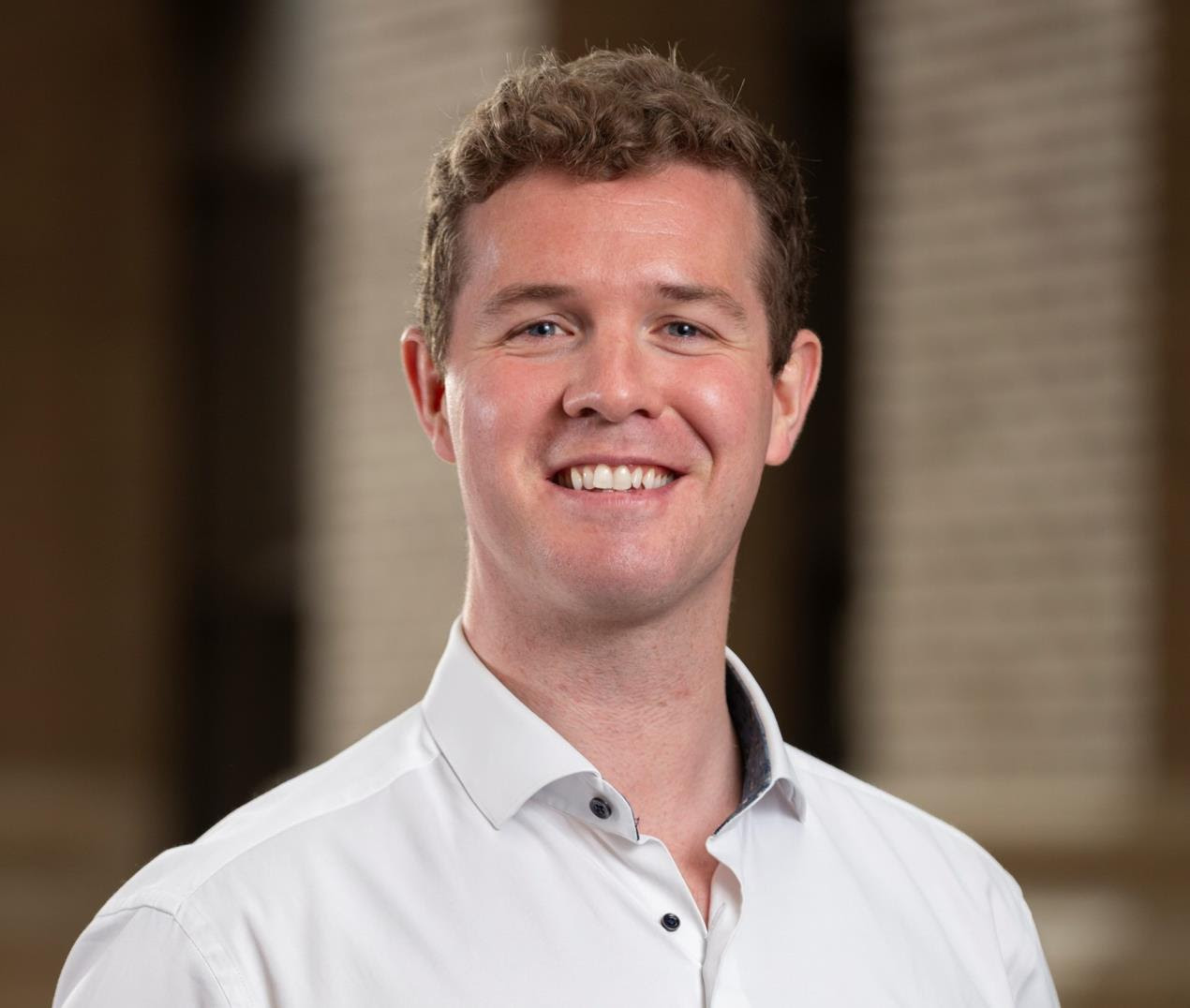.jpg?width=1270&height=1076&ext=.jpg&width=900&resizemode=force)
Researchers at Queen’s University Belfast have discovered the cause behind lung cancer radiotherapy patients experiencing higher rates of a heart arrhythmia.
The research, published in leading European radiotherapy medical journal Radiotherapy & Oncology, found that patients who receive a high dose of radiation to the pulmonary veins at the back of the heart are at a higher risk of an arrhythmia called atrial fibrillation.
Rhythm problems like this can cause difficult symptoms such as palpitations, light-headedness, shortness of breath, and in some cases stroke, all of which can reduce quality of life when recovering from cancer treatment.
Atrial fibrillation makes up the majority of post-radiotherapy arrhythmias, but efforts to prevent it have been limited because the underlying cause was unknown.
Reducing incidents of arrhythmia
In 420 eligible patients with non-small cell lung cancer who underwent radiotherapy, there were 26 cases of new atrial fibrillation (6 per cent), and metrics remained ‘statistically significant’ after accounting for potential “covariables” in both the left and right pulmonary vein.
The study, entitled 'Pulmonary vein dose and risk of atrial fibrillation in patients with non-small cell lung cancer following definitive radiotherapy: An NI-HEART analysis', concluded that “actively sparing the PVs (pulmonary veins) during treatment planning could reduce the incidence of AF (atrial fibrillation) during follow-up, and screening for AF may be warranted for select cases.”
Reducing the radiotherapy dose to this area of the heart is not avoidable if the tumour is nearby, but doctors now know how to check this feature of a patient’s radiotherapy plan and can monitor for any heart issues.
The study was led by Dr Gerard Walls, an oncologist from the Patrick G. Johnston Centre for Cancer Research at Queen’s University Belfast and the Northern Ireland Cancer Centre.
'Easier and safer for patients'
Dr Walls said: “These findings show promise for reducing radiotherapy side effects after lung cancer treatment. Radiotherapy is an effective treatment for lung cancer, so we are always looking for ways to make it easier and safer for patients.
"Our research suggests that we might be able to tell which patients are more likely to have heart problems after their treatment. Although this side effect is not common, knowledge is power for those patients, as they can be educated about what symptoms to look out for, and their oncologist can also monitor for this side effect.”
Dr Walls added that although side effects have become less common as technology advances, many patients still experience abnormal heart rhythm after treatment, which can lead to further hospital admission or additional medication being necessary.
Preventing negative impacts to quality of life
The study’s discovery means Therapeutic Radiographers will be able to improve safety for patients and prevent further negative impacts to patients’ quality of life while they are recovering from their cancer treatment.
Together with colleagues Professor Gerry Hanna and Dr Jonathan McAleese, Dr Walls analysed information from patients previously treated at the Northern Ireland Cancer Centre.
Dr Walls also collaborated with Belfast Health and Social Care Trust cardiology doctors, the Cancer Centre Hospital physics team and radiobiology experts at the Patrick G. Johnston Centre for Cancer Research at Queen's University.
The study was funded by an Irish Clinical Academic Training (ICAT) Programme fellowship awarded to Dr Walls. ICAT is an all-Island training programme for doctors who wish to integrate research into their clinical practice.
This programme is funded by the Wellcome Trust (UK), the Health Research Board (Ireland) and the Northern Ireland Research and Development office, amongst other funding bodies.
(Image: Dr. Gerard Walls, via Queen's University Belfast)
